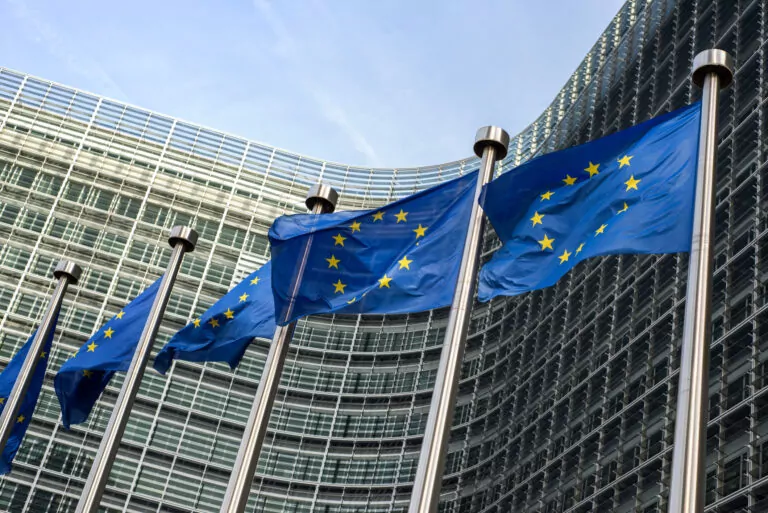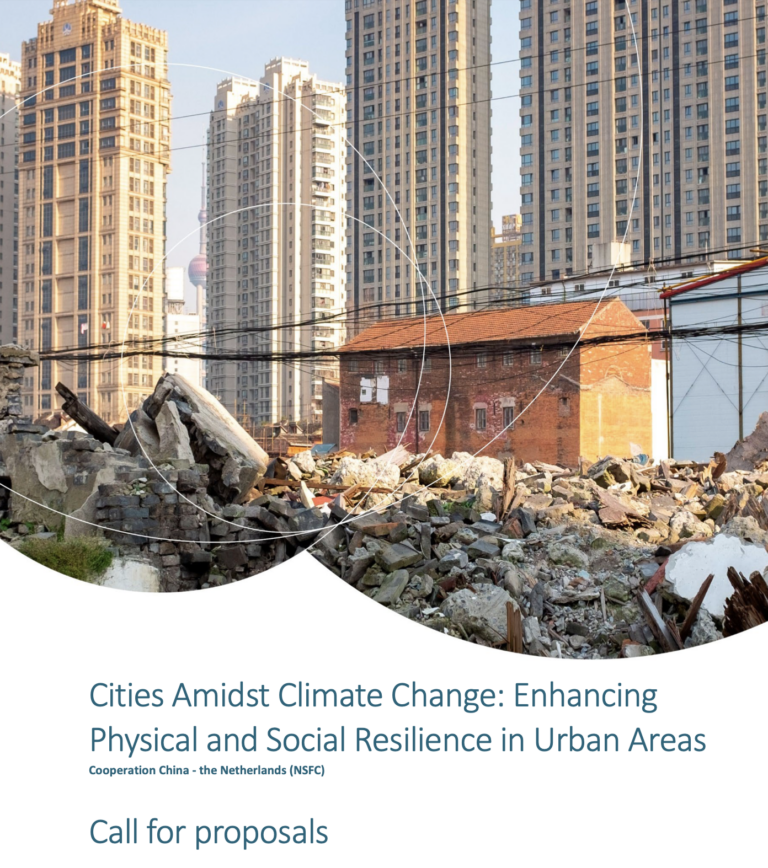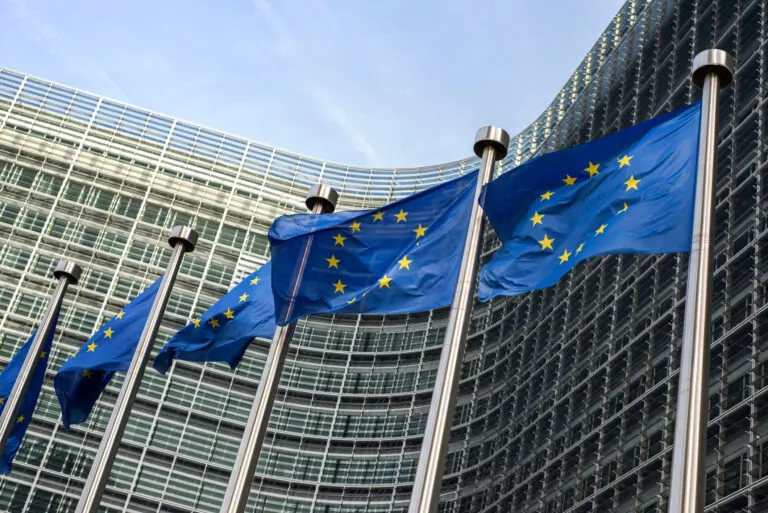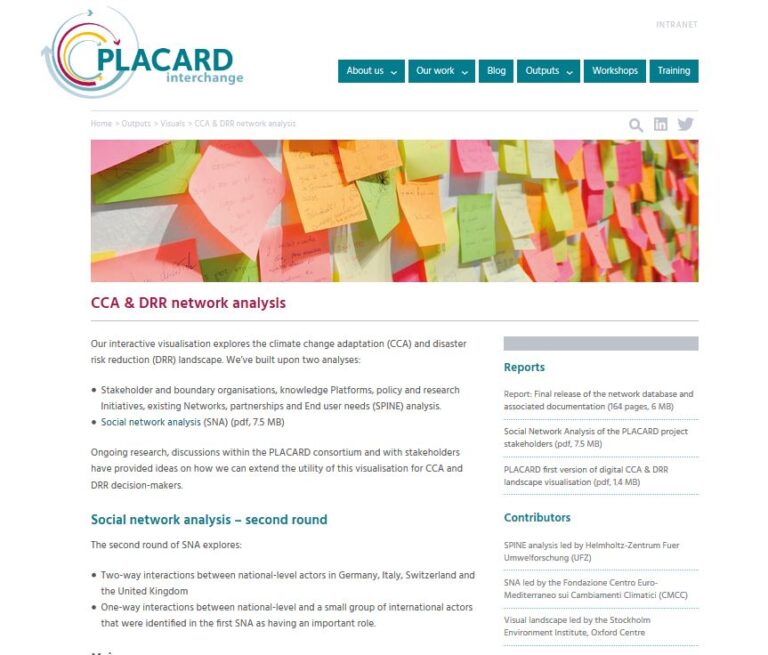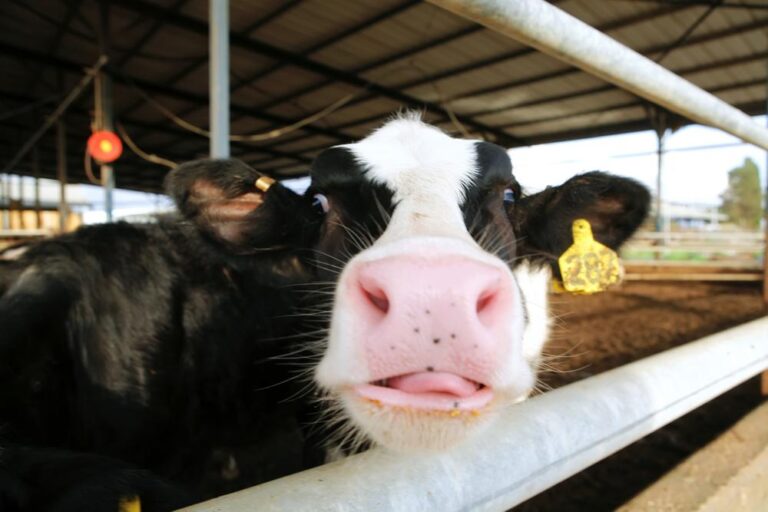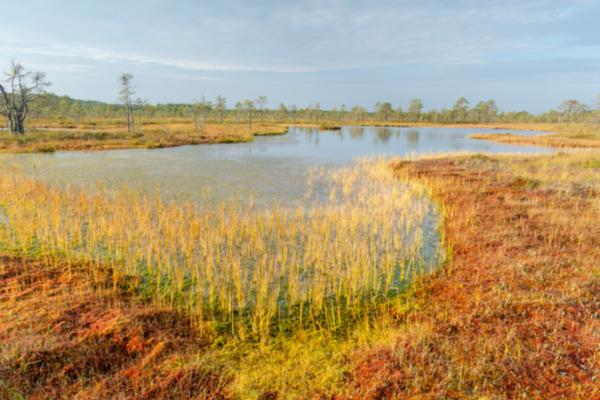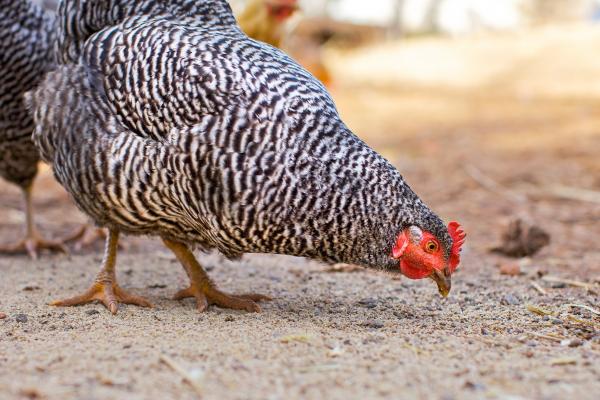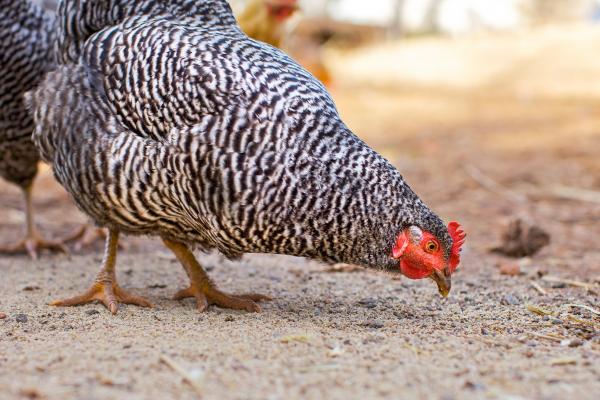Add to favorites:
Share:
Successful proposals will contribute to more sustainable and environmentally responsible land-based agricultural production systems, which are among the objectives of the EU Green Deal, including the methane strategy, the action plan for the development of organic production and the common agricultural policy (CAP) among others. The proposals will help tackle the issues linked to emissions from livestock and will support the EU Members States and Associated Countries in implementing cost-effective mitigation efforts and better quantifying their expected impacts. Successful proposals will also contribute to the expected impacts of the destination by enabling farmers and relevant actors in the agricultural sector to manage sustainable, efficient, profitable, low greenhouse gas emitting farming systems contributing to climate-neutrality and climate-resilience.
Project results are expected to contribute to all the following expected outcomes:
- the understanding by all relevant actors involved in livestock breeding practices and programmes of interactions between management, genotype and environment is enhanced, with the aim of improving es the sustainable management of livestock population and achieving efficient animal/feed recoupling from farm to landscape scale;
- genomic and phenotypic characteristics that could be applied in breeding schemes for the selection and use of animals having desirable traits for lower greenhouse gas emissions and other climate-change and environmental related challenges for the livestock sector are widely known and considered by breeders;
- contribution of breeding and genetics in livestock to sustainability and production efficiency, including trade-offs among other breeding objectives are known by all relevant actors involved in livestock breeding practices and programmes, where improvement paths are undertaken and options to overcome obstacles to their adoption are provided;
- scientific support and recommendations/policy advice for the development, implementation and evaluation of EU policies and strategies, including the CAP and other policies relevant for sustainable livestock production, is provided.
Breeding and genetic improvements are among the tools with potential to help livestock to increase production efficiency and sustainability, to adapt to the changing environment (e.g., harsh climates, health hazard, changes in feed quality or availability) as well as to help to mitigate emissions. By selecting specific traits that are important for adaptation and mitigation purposes, and integrating them in breeding programmes, livestock farmers and breeders can contribute to more sustainable livestock farming systems. Balancing multiple breeding objectives, including reduction of methane emissions and other environmental considerations, is complex and requires careful consideration of trade-offs, including with animal health and welfare. Proposals should enhance animal breeding programmes by identifying, validating and upscaling easily accessible and low-cost protocols, which can be used at farm level in diverse environments and production systems, for measuring and selecting existing and new traits with low environmental and climate footprint.
The aim is to optimise the selection of animals with genotypes that are best suited to thrive in different production systems and environmental conditions, with different diets and rumen/gut microbiota by incorporating adaptation and mitigation objectives into breeding and sustainable management decisions.
Proposals should address all the following activities and should cover various terrestrial livestock farming systems/approaches, one of which should be organic farming:
- identify new traits, including proxy indicators from -omic or meta-omic data, that consider genotype-environment interactions on the whole animal lifespans to renew breeding goal, i.e. desirable traits for lower greenhouse gas emissions and other climate-change related challenges, validate and integrate them into indexes used to benchmark farm performance;
- develop tools/systems/methods to measure genotype-environment interaction and traits of interest, predicting the breeding value at animal and population levels in diverse farming conditions, while maintaining genetic diversity;
- demonstrate in an operational environment breeding programs and management practices for improving robustness, lifetime efficiency and resilience, including the contribution of livestock to climate change mitigation efforts and the adaptation to climate change conditions (TRL 7) while considering trade-offs including with animal health and welfare and demonstrating gender-responsive strategies where relevant;
- analyse the cost effectiveness of the identified breeding programmes and assess private and/or public incentives or rewarding schemes for the use of certain mitigation-related traits currently used in some European regions or countries, with their advantages, limits, and ways to overcome them.
Proposals must implement the 'multi-actor approach’ and ensure adequate involvement of the main stakeholders involved in livestock breeding in Europe, including farmers, breeders, advisors, private sector/industry, and policy-makers.
The proposal should include a dedicated task, appropriate resources, and a plan on how it will collaborate with other projects funded under this topic, and ensure coherence and complementarities with ongoing relevant Horizon 2020 and Horizon Europe research projects, including relevant infrastructures. Proposals should interact with relevant structures or organizations at European level and beyond such as FAO, Livestock Environmental Assessment and Performance Partnership (LEAP, FAO)[1], Global Research Alliance on Agricultural Greenhouse Gases[2].
To better address the requirements of the topic, international cooperation is encouraged.
[1] https://www.fao.org/partnerships/leap/en/
[2] https://globalresearchalliance.org/research/livestock/networks/
Expected Outcome
Successful proposals will contribute to more sustainable and environmentally responsible land-based agricultural production systems, which are among the objectives of the EU Green Deal, including the methane strategy, the action plan for the development of organic production and the common agricultural policy (CAP) among others. The proposals will help tackle the issues linked to emissions from livestock and will support the EU Members States and Associated Countries in implementing cost-effective mitigation efforts and better quantifying their expected impacts. Successful proposals will also contribute to the expected impacts of the destination by enabling farmers and relevant actors in the agricultural sector to manage sustainable, efficient, profitable, low greenhouse gas emitting farming systems contributing to climate-neutrality and climate-resilience.
Project results are expected to contribute to all the following expected outcomes:
- the understanding by all relevant actors involved in livestock breeding practices and programmes of interactions between management, genotype and environment is enhanced, with the aim of improving es the sustainable management of livestock population and achieving efficient animal/feed recoupling from farm to landscape scale;
- genomic and phenotypic characteristics that could be applied in breeding schemes for the selection and use of animals having desirable traits for lower greenhouse gas emissions and other climate-change and environmental related challenges for the livestock sector are widely known and considered by breeders;
- contribution of breeding and genetics in livestock to sustainability and production efficiency, including trade-offs among other breeding objectives are known by all relevant actors involved in livestock breeding practices and programmes, where improvement paths are undertaken and options to overcome obstacles to their adoption are provided;
- scientific support and recommendations/policy advice for the development, implementation and evaluation of EU policies and strategies, including the CAP and other policies relevant for sustainable livestock production, is provided.
Scope
Breeding and genetic improvements are among the tools with potential to help livestock to increase production efficiency and sustainability, to adapt to the changing environment (e.g., harsh climates, health hazard, changes in feed quality or availability) as well as to help to mitigate emissions. By selecting specific traits that are important for adaptation and mitigation purposes, and integrating them in breeding programmes, livestock farmers and breeders can contribute to more sustainable livestock farming systems. Balancing multiple breeding objectives, including reduction of methane emissions and other environmental considerations, is complex and requires careful consideration of trade-offs, including with animal health and welfare. Proposals should enhance animal breeding programmes by identifying, validating and upscaling easily accessible and low-cost protocols, which can be used at farm level in diverse environments and production systems, for measuring and selecting existing and new traits with low environmental and climate footprint.
The aim is to optimise the selection of animals with genotypes that are best suited to thrive in different production systems and environmental conditions, with different diets and rumen/gut microbiota by incorporating adaptation and mitigation objectives into breeding and sustainable management decisions.
Proposals should address all the following activities and should cover various terrestrial livestock farming systems/approaches, one of which should be organic farming:
- identify new traits, including proxy indicators from -omic or meta-omic data, that consider genotype-environment interactions on the whole animal lifespans to renew breeding goal, i.e. desirable traits for lower greenhouse gas emissions and other climate-change related challenges, validate and integrate them into indexes used to benchmark farm performance;
- develop tools/systems/methods to measure genotype-environment interaction and traits of interest, predicting the breeding value at animal and population levels in diverse farming conditions, while maintaining genetic diversity;
- demonstrate in an operational environment breeding programs and management practices for improving robustness, lifetime efficiency and resilience, including the contribution of livestock to climate change mitigation efforts and the adaptation to climate change conditions (TRL 7) while considering trade-offs including with animal health and welfare and demonstrating gender-responsive strategies where relevant;
- analyse the cost effectiveness of the identified breeding programmes and assess private and/or public incentives or rewarding schemes for the use of certain mitigation-related traits currently used in some European regions or countries, with their advantages, limits, and ways to overcome them.
Proposals must implement the 'multi-actor approach’ and ensure adequate involvement of the main stakeholders involved in livestock breeding in Europe, including farmers, breeders, advisors, private sector/industry, and policy-makers.
The proposal should include a dedicated task, appropriate resources, and a plan on how it will collaborate with other projects funded under this topic, and ensure coherence and complementarities with ongoing relevant Horizon 2020 and Horizon Europe research projects, including relevant infrastructures. Proposals should interact with relevant structures or organizations at European level and beyond such as FAO, Livestock Environmental Assessment and Performance Partnership (LEAP, FAO)[1], Global Research Alliance on Agricultural Greenhouse Gases[2].
To better address the requirements of the topic, international cooperation is encouraged.
[1] https://www.fao.org/partnerships/leap/en/
[2] https://globalresearchalliance.org/research/livestock/networks/
Partner Requests
Explore Real Collaboration Opportunities
🔍 As a logged-in member, you now have exclusive access to all active Partner Requests for this Funding Call.
See who’s looking for collaborators, explore exciting project ideas, and discover how others are planning to make an impact.
💡 Use these insights to get inspired—or take the next step and start a request of your own (3 entries for free).
Log in or registrate here for free.
You must be logged in to submit or manage a partner request.
Ask our experts about this call
Connect with the Listing Owner!
💬 Please log in now to send a direct message to our experts and ask your questions. Not a member yet? Sign up for free and start connecting today!
Related Funding and Finance Opportunities
Unlock Exclusive Funding Opportunities!
🔑 Get instant access to tailored funding opportunities that perfectly match your needs. This powerful feature is exclusively available to our premium members—helping you save time, stay ahead of the competition, and secure the right funding faster.
Upgrade to Premium now and never miss an important opportunity again! Already a premium member? Log in here to explore your matches.
Related Innovation Offers
Related Knowledgebase Resources
Discover More with Premium: Related Knowledge Resources
🔒 You’re missing out on expert-curated knowledge specifically matched to this topic. As a Premium member, you gain exclusive access to in-depth articles, guides, and insights that help you make smarter decisions, faster.
Whether you’re preparing a funding proposal, researching a new market, or just need reliable information—our Premium knowledge matches save you hours of research and point you directly to what matters.
Upgrade to Premium now and instantly unlock relevant knowledge tailored to your needs! Already a member? Log in here to view your personalized content.






